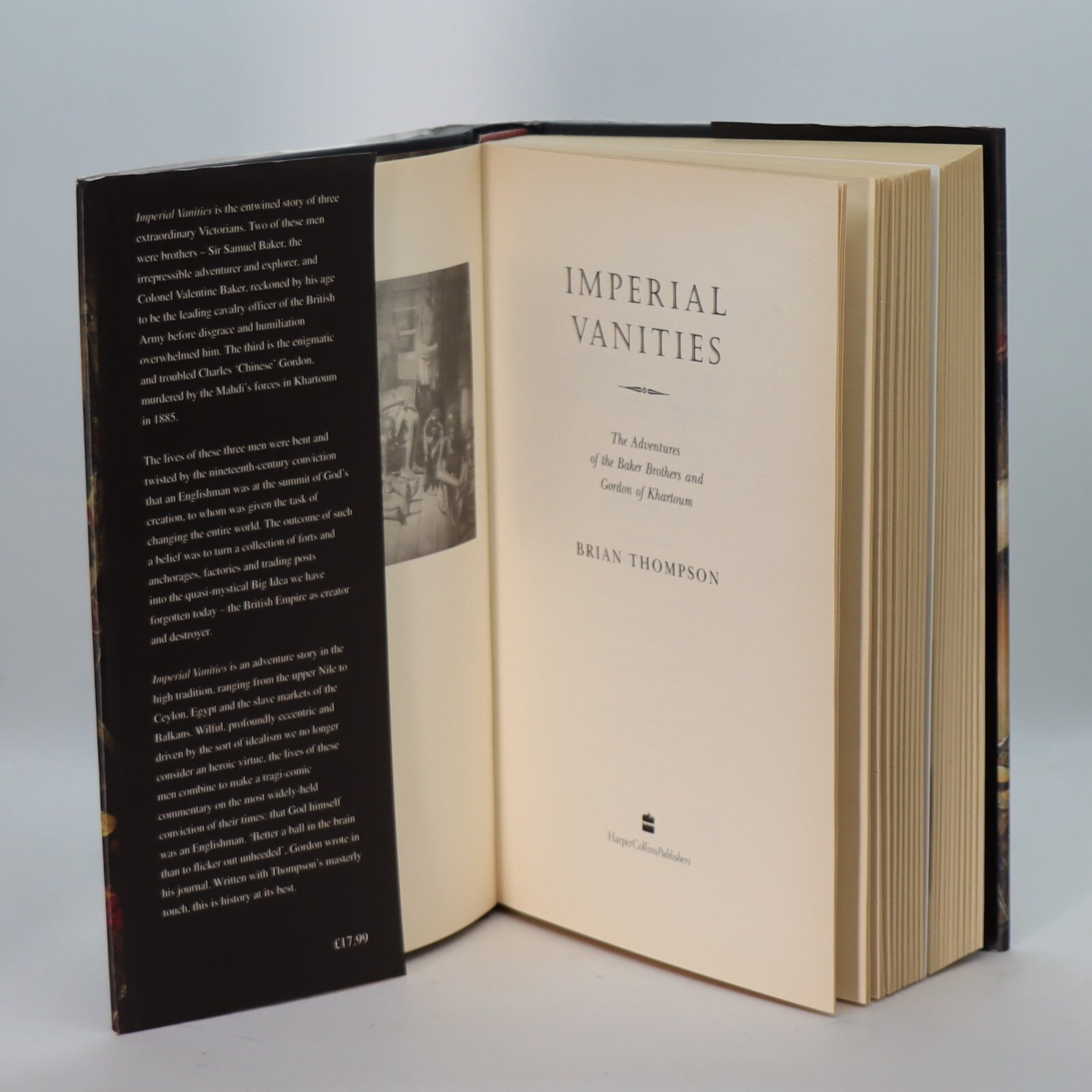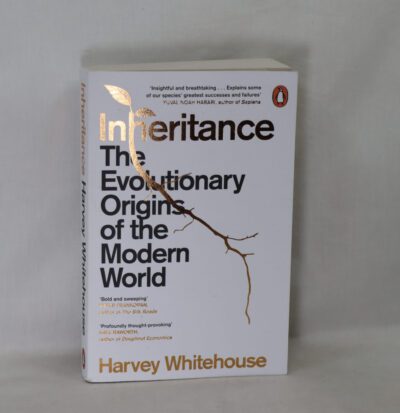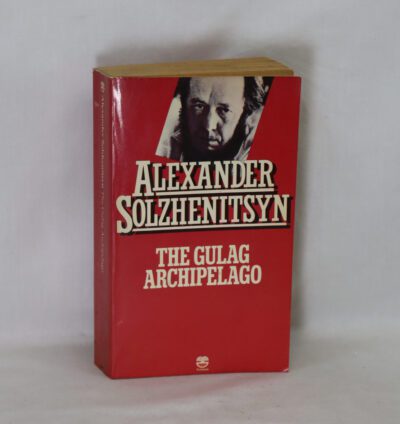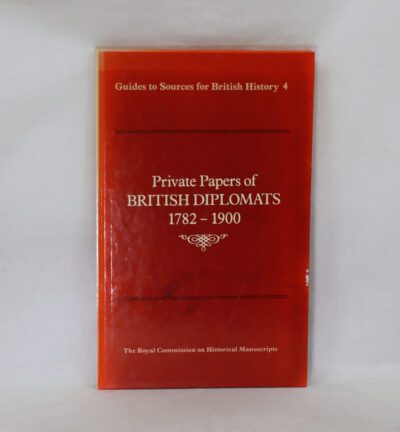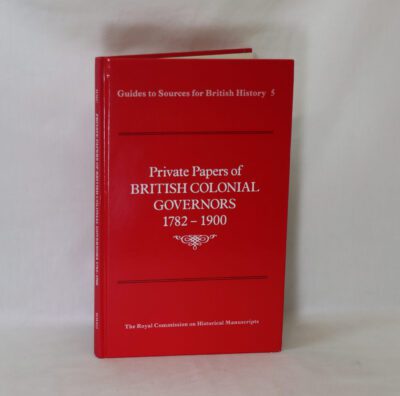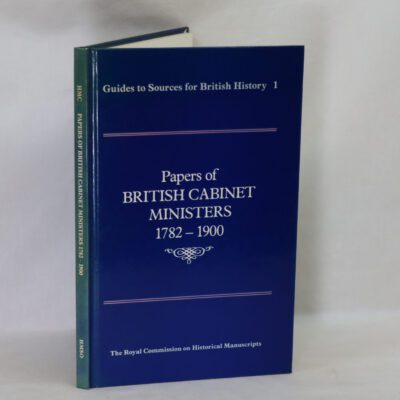Imperial Vanities.
By Brian Thompson
ISBN: 9780002571883
Printed: 2001
Publisher: Harper Collins. London
| Dimensions | 17 × 25 × 4 cm |
|---|---|
| Language |
Language: English
Size (cminches): 17 x 25 x 4
Condition: Fine (See explanation of ratings)
Item information
Description
In the original dustsheet. Black board binding with gilt title on the spine.
F.B.A. provides an in-depth photographic presentation of this item to stimulate your feel and touch. More traditional book descriptions are immediately available.
A superb book
The entwined story of three extraordinary Victorians. Two of these men were brothers – Sir Samuel Baker, the irrepressible adventurer and explorer, and Colonel Valentine Baker, the leading cavalry officer of his time before disgrace and humiliation overwhelmed him. The third is the enigmatic and troubled Charles ‘Chinese’ Gordon, murdered by the Mahdi’s forces in Khartoum in 1885.
Major-General Charles George Gordon CB (28 January 1833 – 26 January 1885), also known as Chinese Gordon, Gordon Pasha, and Gordon of Khartoum, was a British Army officer and administrator. He saw action in the Crimean War as an officer in the British Army. However, he made his military reputation in China, where he was placed in command of the “Ever Victorious Army”, a force of Chinese soldiers led by European officers which was instrumental in putting down the Taiping Rebellion, regularly defeating much larger forces. For these accomplishments, he was given the nickname “Chinese Gordon” and honours from both the Emperor of China and the British.
He entered the service of the Khedive of Egypt in 1873 (with British government approval) and later became the Governor-General of the Sudan, where he did much to suppress revolts and the local slave trade. Exhausted, he resigned and returned to Europe in 1880.
A serious revolt then broke out in the Sudan, led by a Muslim religious leader and self-proclaimed Mahdi, Muhammad Ahmad. In early 1884 Gordon was sent to Khartoum with instructions to secure the evacuation of loyal soldiers and civilians and to depart with them. In defiance of those instructions, after evacuating about 2,500 civilians he retained a smaller group of soldiers and non-military men. In the months before the fall of Khartoum, Gordon and the Mahdi corresponded; Gordon offered him the Sultanate of Kordofan and the Mahdi requested Gordon to convert to his religion and join him, to which Gordon replied abruptly: “No!” Besieged by the Mahdi’s forces, Gordon organised a citywide defence that lasted for almost a year and gained him the admiration of the British public, but not of the government, which had wished him not to become entrenched. Only when public pressure to act had become irresistible did the government, with reluctance, send a relief force. It arrived two days after the city had fallen and Gordon had been killed.
The Mahdi , romanized: al-Mahdī, meaning “the rightly guided one” is an eschatological messianic figure who, according to the Islamic religion, will appear at the end of times to rid the world of evil and injustice. In Islam, it is believed that he will appear alongside the prophet ʿĪsā (Jesus) and establish the divine kingdom of Allah on Earth.
There is no reference to the Mahdi in the Quran, only in the ḥadīth literature (the reports and traditions of Muhammad’s teachings collected after his death). In most ḥadīth, it is narrated that the Mahdi will arrive with ʿĪsā to defeat and kill Al-Masih ad-Dajjal (“the false Messiah”). Several canonical compilations of ḥadīth do include traditions concerning the Mahdi, although such traditions are notably absent from the two most-revered Sunni ḥadīth collections: Sahih al-Bukhari and Sahih Muslim. Many “orthodox” Sunni theologians accordingly question the Mahdist beliefs but although the concept of a Mahdi is not an essential doctrine in Islam, it is popular among Muslims. It has been a part of the ʿaqīdah (creed) of Muslims for 1400 years. Both Sunni and Shīʿa branches of Islam agree that the Mahdi will rule over the whole world and establish justice; however, they differ extensively on his attributes and status.
Shīʿa Muslims have alternate views regarding the Mahdist beliefs, since they believe that one descendant of the Islamic prophet Muhammad will be the Mahdi. Twelver Shīʿas, who form the majority of Shīʿa Muslims today, believe that Muhammad al-Mahdi, the son of the 11th Shīʿa Imam Hasan al-Askari, is the awaited Mahdi currently in occultation. Ṭayyibi Ismāʿīlis, including the Dawoodi Bohra, believe that an Imam from the progeny of At-Tayyib Abu’l-Qasim is the current hidden Imam and Mahdi. The Baháʼí Faith affirms that the Báb was the Mahdi, the spiritual return of the 12th Shīʿa Imam.
Throughout history, various individuals have claimed to be or were proclaimed to be the Mahdi. These have included Muhammad Jaunpuri, founder of the Mahdavia sect; the Báb (Sayyid Ali Muhammad), founder of Bábism; Muhammad Ahmad, who established the Mahdist State in Sudan in the late 19th century; Mirza Ghulam Ahmad, founder of the Ahmadiyya movement; Massoud Rajavi, leader of the MEK; Riaz Ahmed Gohar Shahi; and Wallace Fard Muhammad, founder of the Nation of Islam.
Muhammad Ahmad bin Abd Allah 12 August 1844 – 22 June 1885 was a Nubian Sufi religious leader of the Samaniyya order in Sudan who, as a youth, studied Sunni Islam. In 1881, he claimed to be the Mahdi. He led a successful war against Ottoman-Egyptian military rule in Sudan and achieved a remarkable victory over the British, in the Siege of Khartoum. He created a vast Islamic state extending from the Red Sea to Central Africa, and founded a movement that remained influential in Sudan a century later.
From his announcement of the Mahdiyya in June 1881 until 1898, the Mahdi’s growing number of supporters, the Ansars, established many of its theological and political doctrines. After Muhammad Ahmad’s unexpected death on 22 June 1885, his chief deputy, Abdallahi ibn Muhammad took over the administration of the nascent Mahdist state.
Following Ahmad’s death, Abdallahi ruled as Khalifa but his autocratic rule, as well as directly applied British military force, destroyed the Mahdi state following the Anglo-Egyptian conquest of Sudan in 1899. Despite that, the Mahdi remains a respected figure in the history of Sudan. In the late 20th century, one of his direct descendants, Sadiq al-Mahdi, twice served as prime minister of Sudan (1966–67 and 1986–89). He pursued democratizing policies.
The Battle of Omdurman was fought during the Anglo-Egyptian conquest of Sudan between a British–Egyptian expeditionary force commanded by British Commander-in-Chief (sirdar) major general Horatio Herbert Kitchener and a Sudanese army of the Mahdist Islamic State, led by Abdullah al-Taashi, the successor to the self-proclaimed Mahdi, Muhammad Ahmad. The battle took place on 2 September 1898, at Kerreri, 11 kilometres (6.8 mi) north of Omdurman in the Sudan.
Following the establishment of the Mahdist Islamic State in Sudan, and the subsequent threat to the regional status quo and to British-occupied Egypt, the British government decided to send an expeditionary force with the task of overthrowing the Khalifa. The commander of the force, Sir Herbert Kitchener, was also seeking revenge for the death of General Gordon, killed when a Mahdist army had captured Khartoum thirteen years earlier. On the morning of 2 September, some 35,000–50,000 Sudanese tribesmen under Abdullah attacked the British lines in a disastrous series of charges; later that morning the 21st Lancers charged and defeated another force that appeared on the British right flank. Among those present was 23-year-old soldier and reporter Winston Churchill as well as a young Captain Douglas Haig.
The victory of the British–Egyptian force was a demonstration of the superiority of a highly disciplined army equipped with modern rifles, machine guns, and artillery over a force twice its size armed with older weapons, and marked the success of British efforts to re-conquer the Sudan. Following the Battle of Umm Diwaykarat a year later, the remaining Mahdist forces were defeated and the Anglo-Egyptian Sudan was established.
F.B.A. in Artifacts has a shield and swords captured at the Battle of Omdurman
Want to know more about this item?
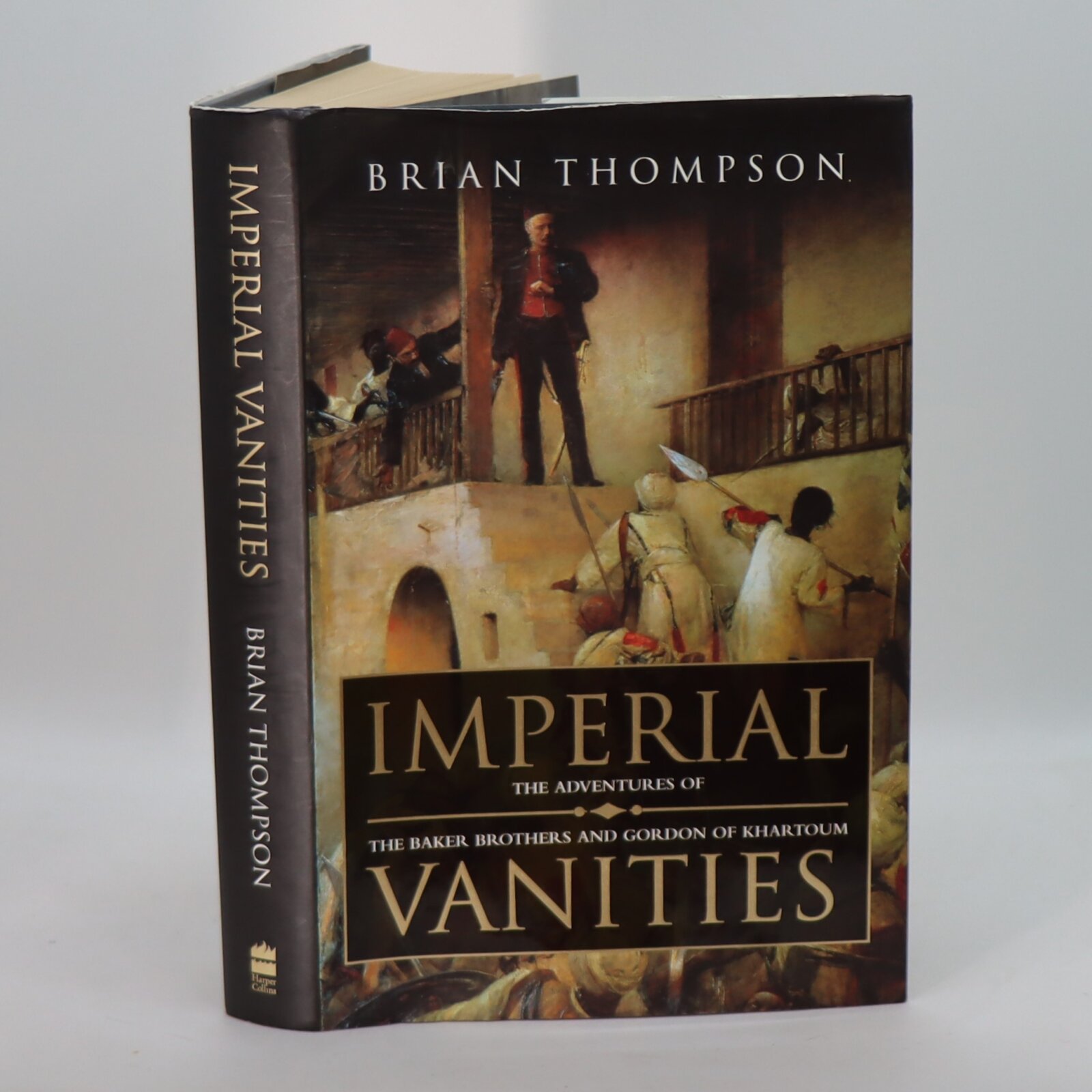
Related products
Share this Page with a friend

